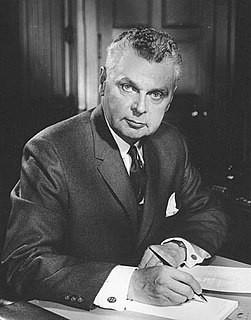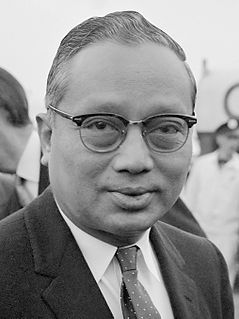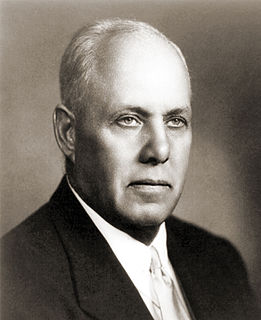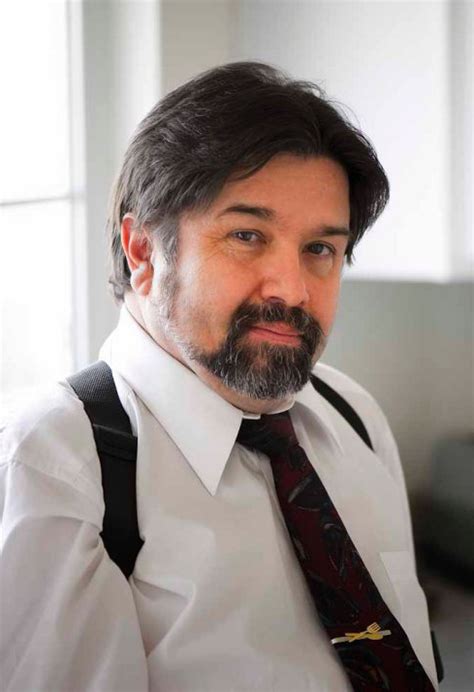A Quote by Stephen Harper
Human rights commissions, as they are evolving, are an attack on our fundamental freedoms and the basic existence of a democratic society... It is in fact totalitarianism. I find this is very scary stuff.
Related Quotes
The Universal Declaration of Human Rights - This great and inspiring instrument was born of an increased sense of responsibility by the international community for the promotion and protection of man's basic rights and freedoms. The world has come to a clear realization of the fact that freedom, justice and world peace can only be assured through the international promotion and protection of these rights and freedoms.
We have a greedy cycle where Human Rights Commissions fine citizens in order to pay their own salaries so they can employ more Human Rights Commissions. It's a bounty system where the prizes are business owner's heads. And so as restaurants go broke, tourists get stabbed. That's human rights in New York. And perhaps America.
When the function of libraries is put in terms of their contributions to the community, people see their centrality. The challenge to us is to continue to help them see it in those terms to describe our larger purposes. We must assert that libraries are central to the quality of life in our society; that libraries have a direct role in preserving democratic freedoms. Free access to information and the opportunity of every individual to improve his or her mind, employment prospects, and lifestyle are fundamental rights in our society.
Alliances are crucial to success in the political sphere. However, if we are to approach other organizations to propose alliances for the public good, we must be prepared to assert a far more important role for the library. We must clearly define what we do and establish and assert the relationship of libraries to basic democratic freedoms, to the fundamental humanistic principles that are central to our very way of life. . . .
More fundamental than religion is our basic human spirituality. We have a basic human disposition towards love, kindness and affection, irrespective of whether we have a religious framework or not. When we nurture this most basic human resource - when we set about cultivating those basic inner values which we all appreciate in others, then we start to live spiritually.
One cannot have a trade union or a democratic election without freedom of speech, freedom of association and assembly. Without a democratic election, whereby people choose and remove their rulers, there is no method of securing human rights against the state. No democracy without human rights, no human rights without democracy, and no trade union rights without either. That is our belief; that is our creed.
Freedom is a timeless value. The United Nations Charter calls for encouraging respect for fundamental freedoms. The Universal Declaration of Human Rights mentions freedom more than twenty times. All countries have committed to protecting individual freedoms on paper - but in practice, too many break their pledge.
A basic is an introduction. A fundamental is a foundation. A fundamental is a premise, idea, or fact that an entire system arises from and is based on. A fundamental determines the shape of what arises from it, much as a foundation of a house dictates its layout. A basic is how you introduce people you are teaching to the system. It is a beginning concept, often simplified to assist learning. If a fundamental is the foundation, a basic is the front door to enter the system.

































